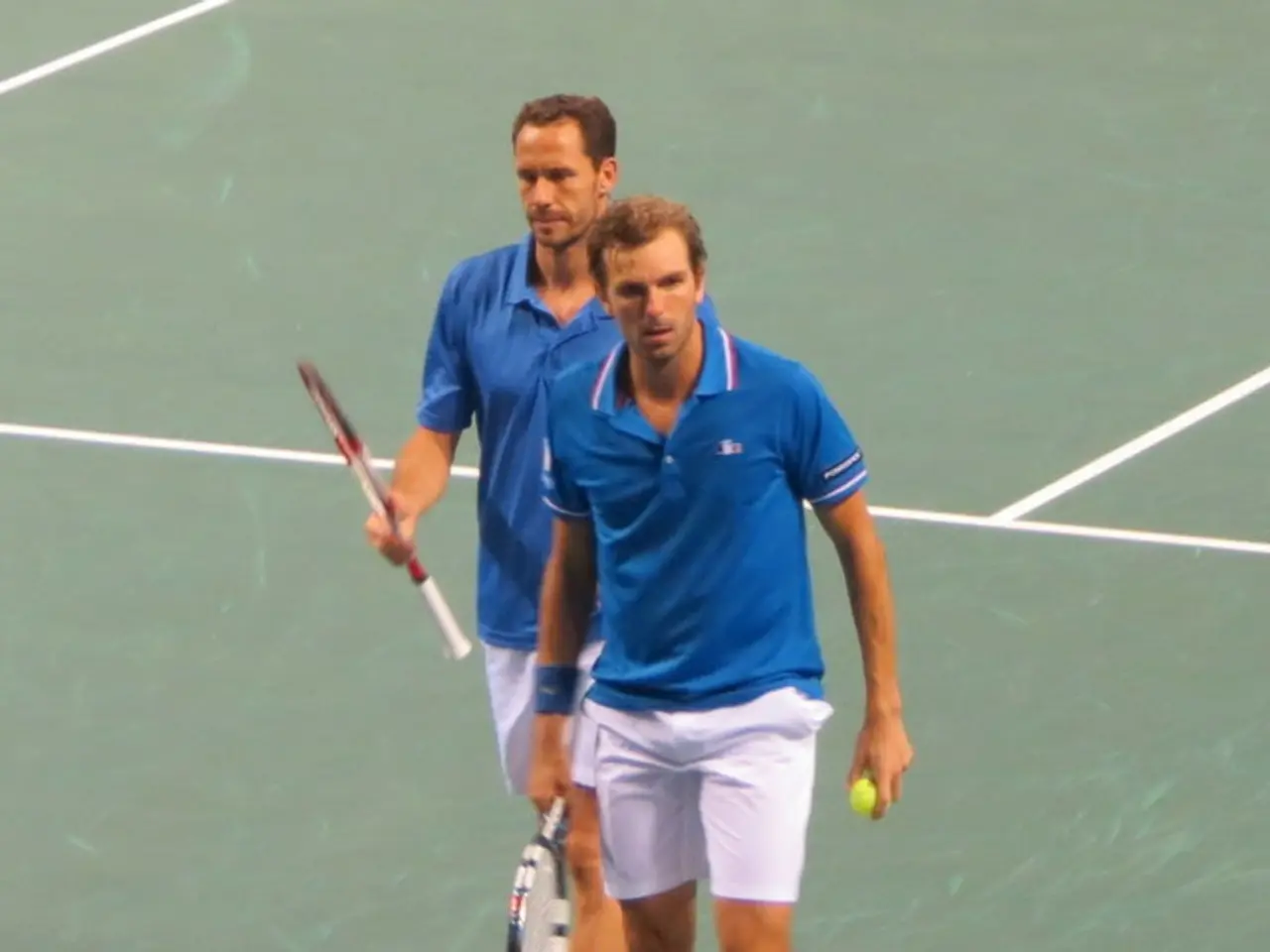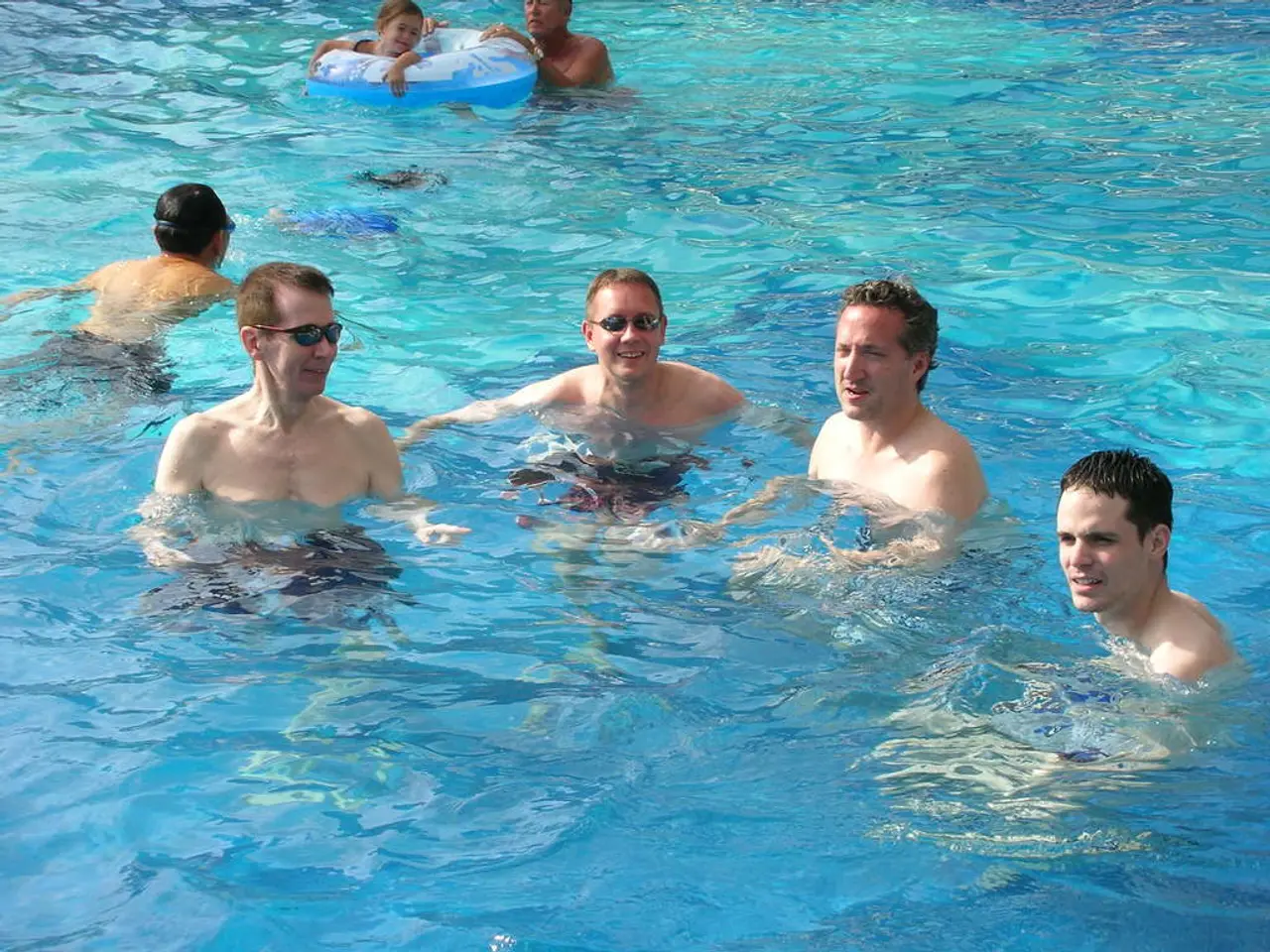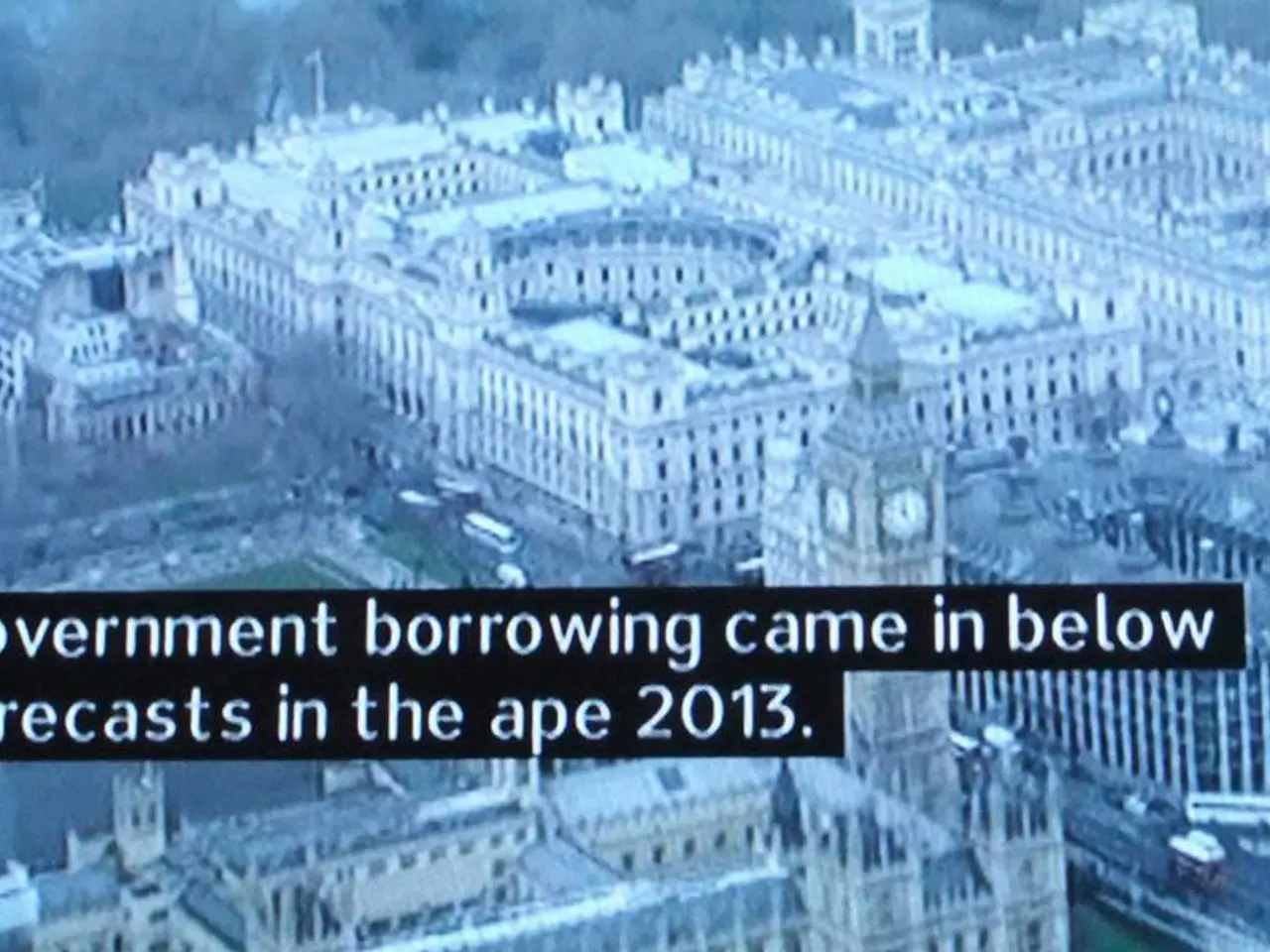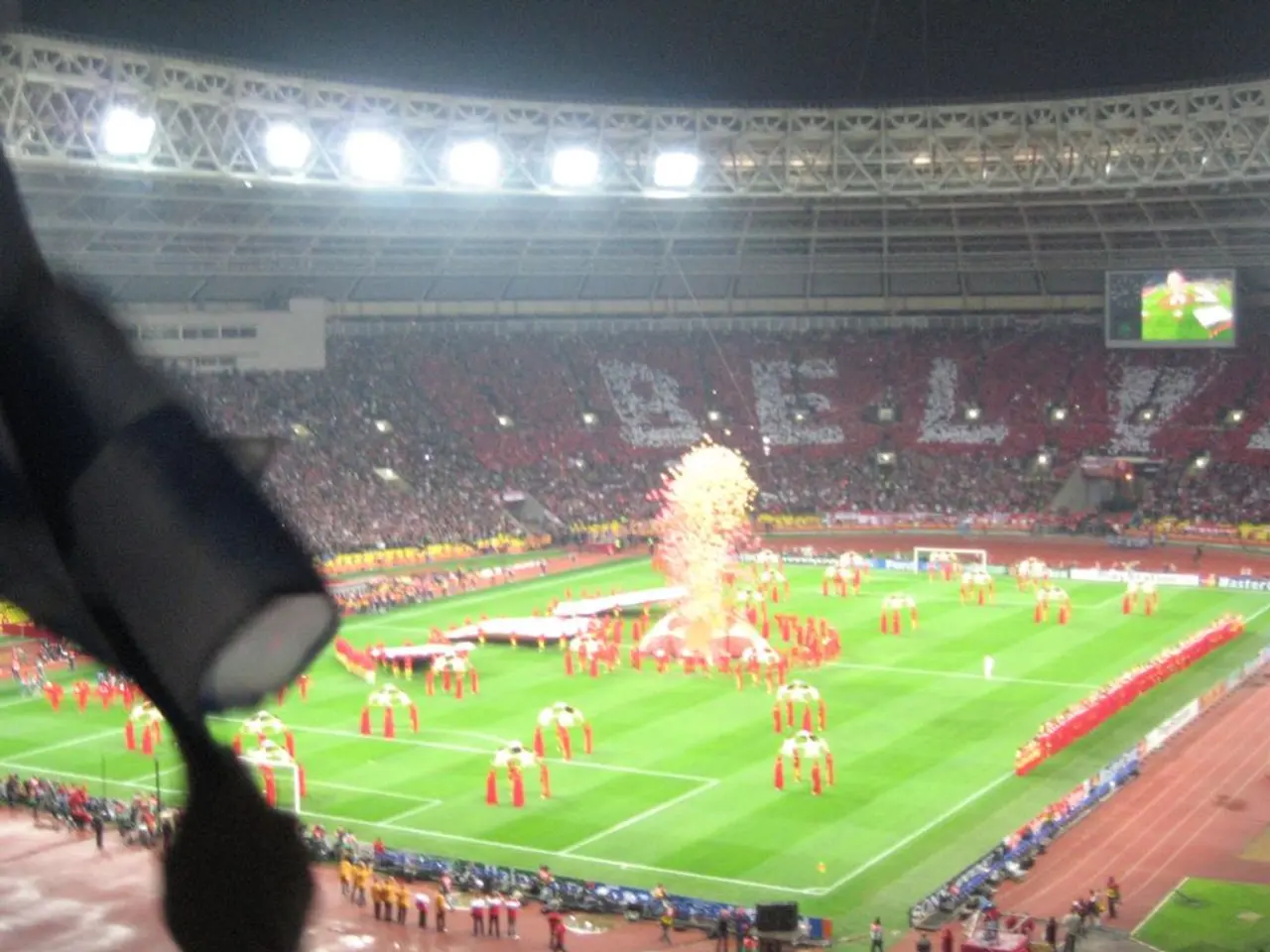"Landmark Decision Made by EU High Court: Resolution on Disputed Case"
The European Court of Justice (ECJ) has made a landmark ruling that allows athletes, clubs, and other sports-related individuals within the EU to challenge decisions of the Court of Arbitration for Sport (CAS) in ordinary EU courts. This decision marks a significant shift as CAS decisions were previously considered final and binding, limiting judicial review.
The ECJ held that national courts in EU member states must be empowered to carry out an in-depth judicial review of CAS arbitral awards to verify their consistency with EU public policy and fundamental EU rights and freedoms. Arbitrations imposed unilaterally by international sports bodies like FIFA cannot have res judicata effects that prevent ordinary courts from reviewing them when they affect economic activities within the EU.
The implications for competition law are profound. The ruling means that CAS decisions upholding restrictive rules (e.g., FIFA's prohibition on third-party ownership of players' economic rights, as in the RFC Seraing case) can now be scrutinized under EU competition rules and fundamental freedoms. This judicial oversight aims to prevent arbitration mechanisms from undermining competition law protections and ensures that sports governing bodies’ rules and sanctions comply with EU law.
Matthieu Reeb, CAS General Director, has assured that the CAS will continue to settle disputes worldwide promptly and competently. However, the ECJ's ruling significantly curtails the CAS, as national courts can now thoroughly examine the compatibility of CAS arbitration awards with Union law.
The Belgian football club RFC Seraing has been in dispute with FIFA over the ban on third-party ownership for more than ten years. This decision could have significant implications for the CAS, which has previously held the final authority in international sports justice.
Sports law expert Orth has clarified that the ECJ ruling does not mean the end of international sports arbitration, but rather emphasizes the importance of global uniform standards in evaluating sports-related matters. RFC Seraing's lawyers have stated that the ECJ judgment puts an end to procedural fraud used by international sports associations to circumvent the application of EU law.
The International Olympic Committee has announced it will carefully read the judgment. The ruling could potentially open the door for more challenges to decisions made by international sports governing bodies, ensuring that they are in line with EU law and promoting fairness and justice in the world of sports.
[1] European Court of Justice, Press Release, Case C-167/18, RFC Seraing SC SA v Union Royale Belge des Sociétés de Football Associées ASBL, 19 December 2019. [2] European Court of Justice, Judgment, Case C-167/18, RFC Seraing SC SA v Union Royale Belge des Sociétés de Football Associées ASBL, 19 December 2019. [3] European Court of Justice, Advocate General's Opinion, Case C-167/18, RFC Seraing SC SA v Union Royale Belge des Sociétés de Football Associées ASBL, 16 October 2019. [4] FIFA, Dispute Resolution Chamber, RFC Seraing SC SA v Union Royale Belge des Sociétés de Football Associées ASBL, 12 October 2018.
- This decision by the European Court of Justice (ECJ) means that a Belgian football club like RFC Seraing, embroiled in a dispute with FIFA over third-party ownership, can now challenge CAS arbitration awards related to European-leagues and Premier-League rules in their national courts within the EU.
- The implications of this ECJ ruling extend to radio broadcasters, as they can now scrutinize CAS decisions upholding restrictive rules in sports-related economic activities, such as broadcasting rights for European-leagues and Premier-League football matches, under EU competition rules and fundamental freedoms.








